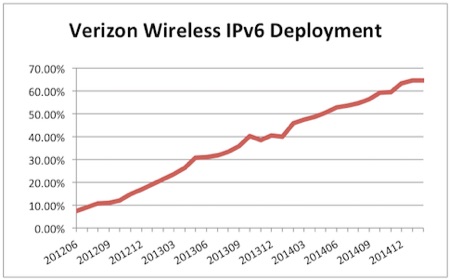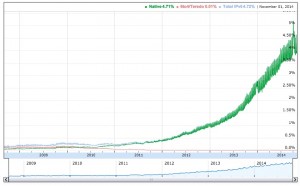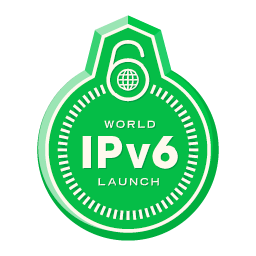 This month the Internet Architecture Board (IAB) provided another reason for organizations to think more about migrating their applications and services to IPv6. In a strong statement, the IAB warned other standards development organizations (SDOs) that future standards from the Internet Engineering Task Force (IETF) may no longer support IPv4:
This month the Internet Architecture Board (IAB) provided another reason for organizations to think more about migrating their applications and services to IPv6. In a strong statement, the IAB warned other standards development organizations (SDOs) that future standards from the Internet Engineering Task Force (IETF) may no longer support IPv4:
The IAB expects that the IETF will stop requiring IPv4 compatibility in new or extended protocols. Future IETF protocol work will then optimize for and depend on IPv6.
This will not happen immediately, of course, but the IAB statement notes that levels of IPv6 deployment are increasing and that SDOs need to ensure that current and future standards can work in an IPv6-only environment.
The key point for organizations and companies with applications is that you need to be seriously thinking about ensuring that your apps can work in IPv6-only networks.
To prepare, I would of course welcome you to buy the book, but there are also resources available online that can help you get started. The important thing is to get started NOW!



 As part of my job at the Internet Society Deploy360 Programme, we recently published
As part of my job at the Internet Society Deploy360 Programme, we recently published  What questions would you like to ask of developers who have successfully migrated their applications to IPv6? What tips and tricks would you like to learn?
What questions would you like to ask of developers who have successfully migrated their applications to IPv6? What tips and tricks would you like to learn?

